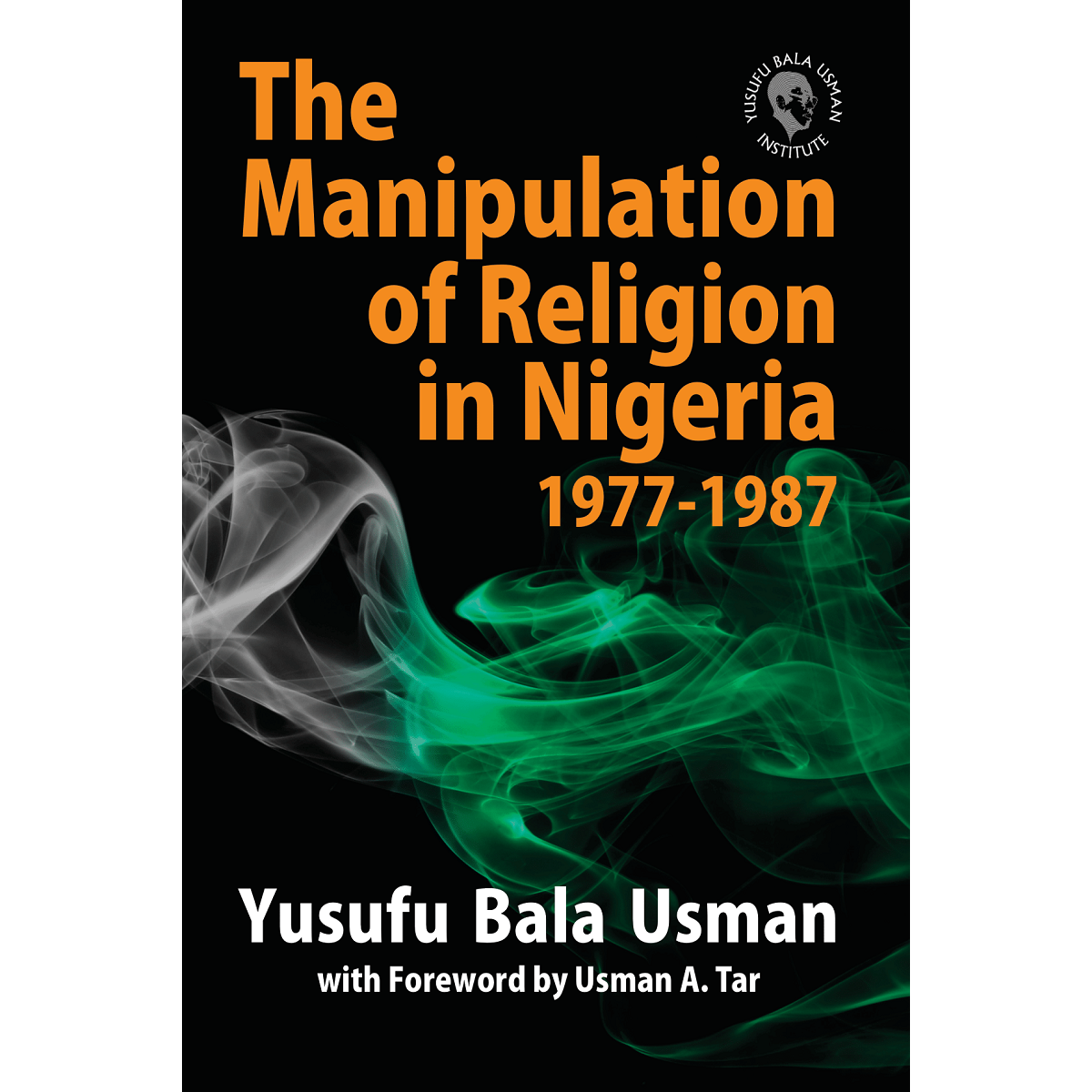-

The Manipulation of Religion in Nigeria 1977-1987
₦7,000The real basis of the manipulation of religion in Nigeria today is the need to obscure from the people of Nigeria a fundamental aspect of our reality: that is the domination of our political economy by a class of intermediaries who are being increasingly exposed. And this is to enable this class to cover themselves with religious and ethnic disguises in order to further entrench division among our people, slow down their awakening, at any cost; even the unity of our country, for which so much has been sacrificed. – Yusufu Bala Usman, 1987, The Manipulation of Religion in Nigeria 1977-1987.
Nigerians may be the “most religious people on earth”, as a BBC worldwide survey once concluded. However, while the generality of Nigerians express a deep attachment to some form of religious belief, the religiosity of the Nigerian political class is often based on expediency and egocentrism rather than a commitment to the principles of either Christianity or Islam. What is more, citizens have failed to detect, much less react to, the manipulation of religion – with telling consequences on the pattern of elections, the structuring of national security, economic relations and socio-cultural cohesion throughout the country. All the claim to piety is hollow, and has not stopped the political class from political perfidy and massive economic fraud, such that, ironically, the country that is “most religious” is also among the “most corrupt” in the world, as various corruption surveys by Transparency International have shown. – Usman A. Tar, 2020, Foreword to The Manipulation of Religion in Nigeria 1977-1987. ’
